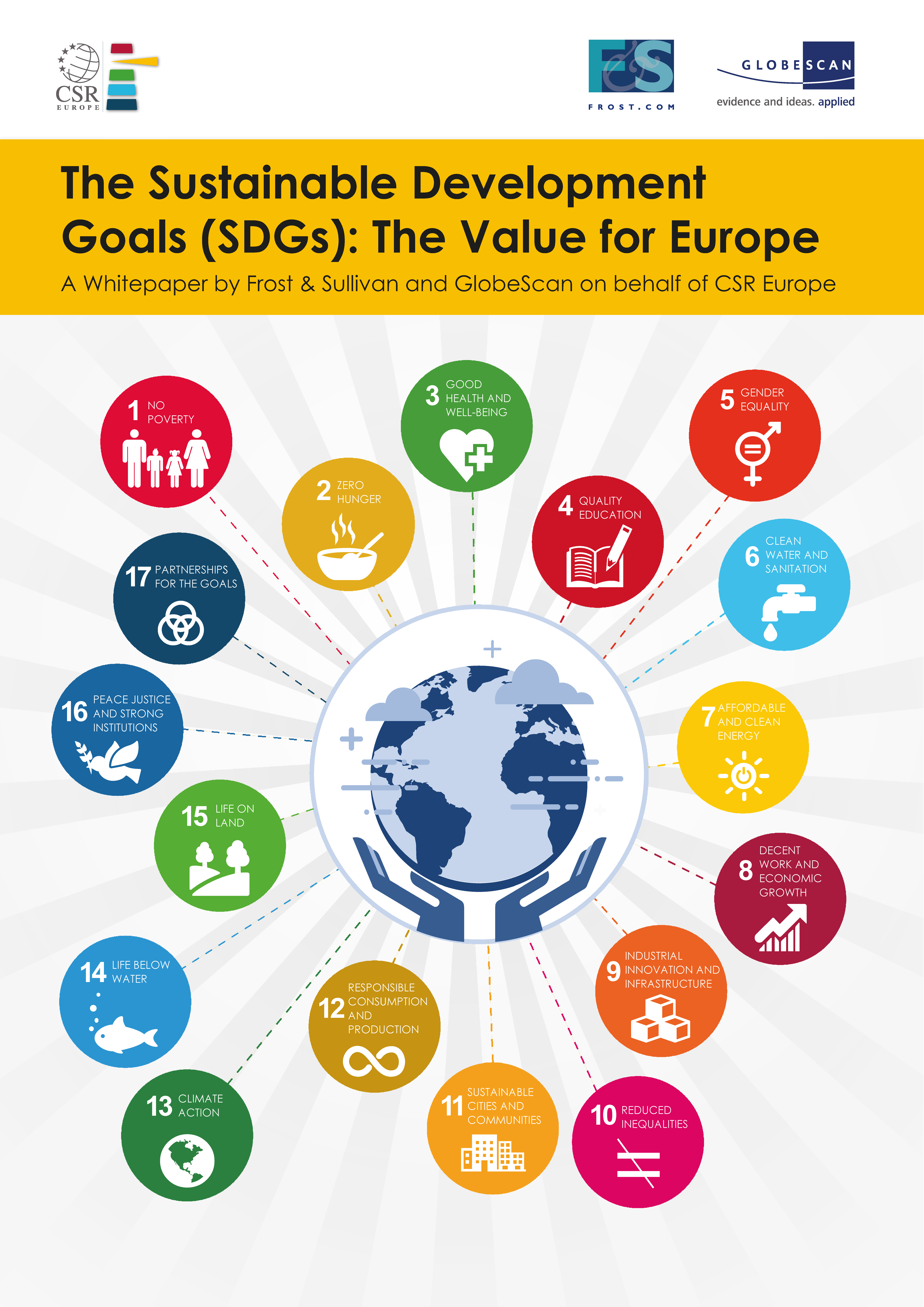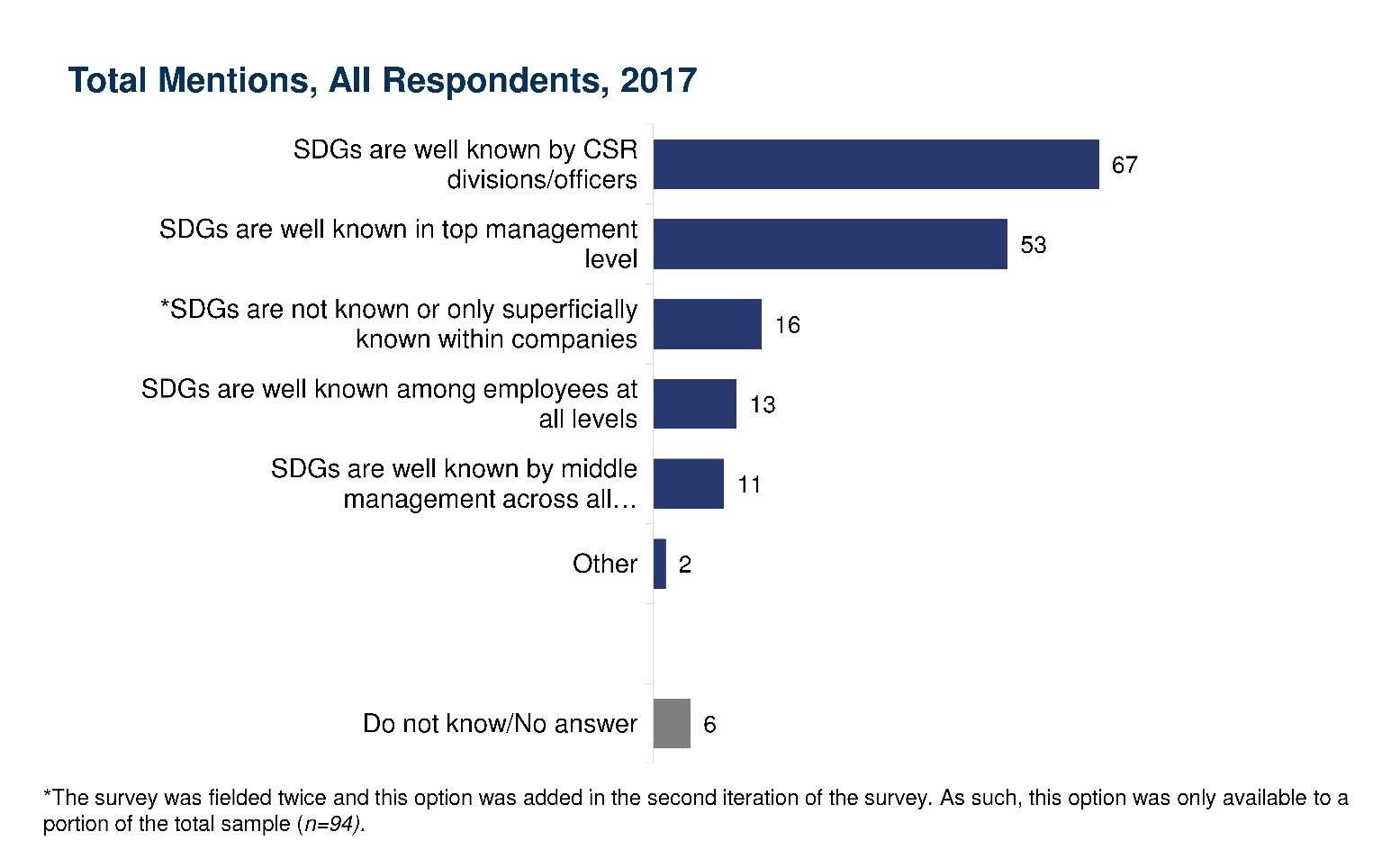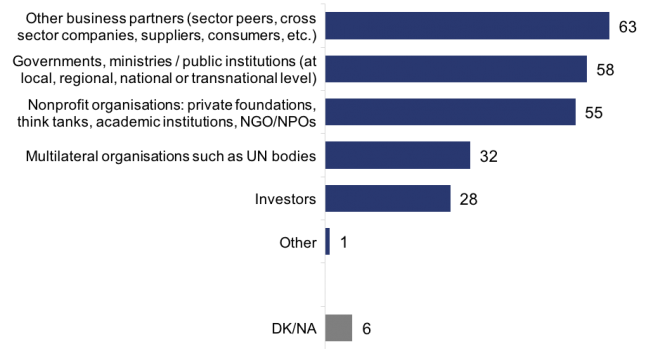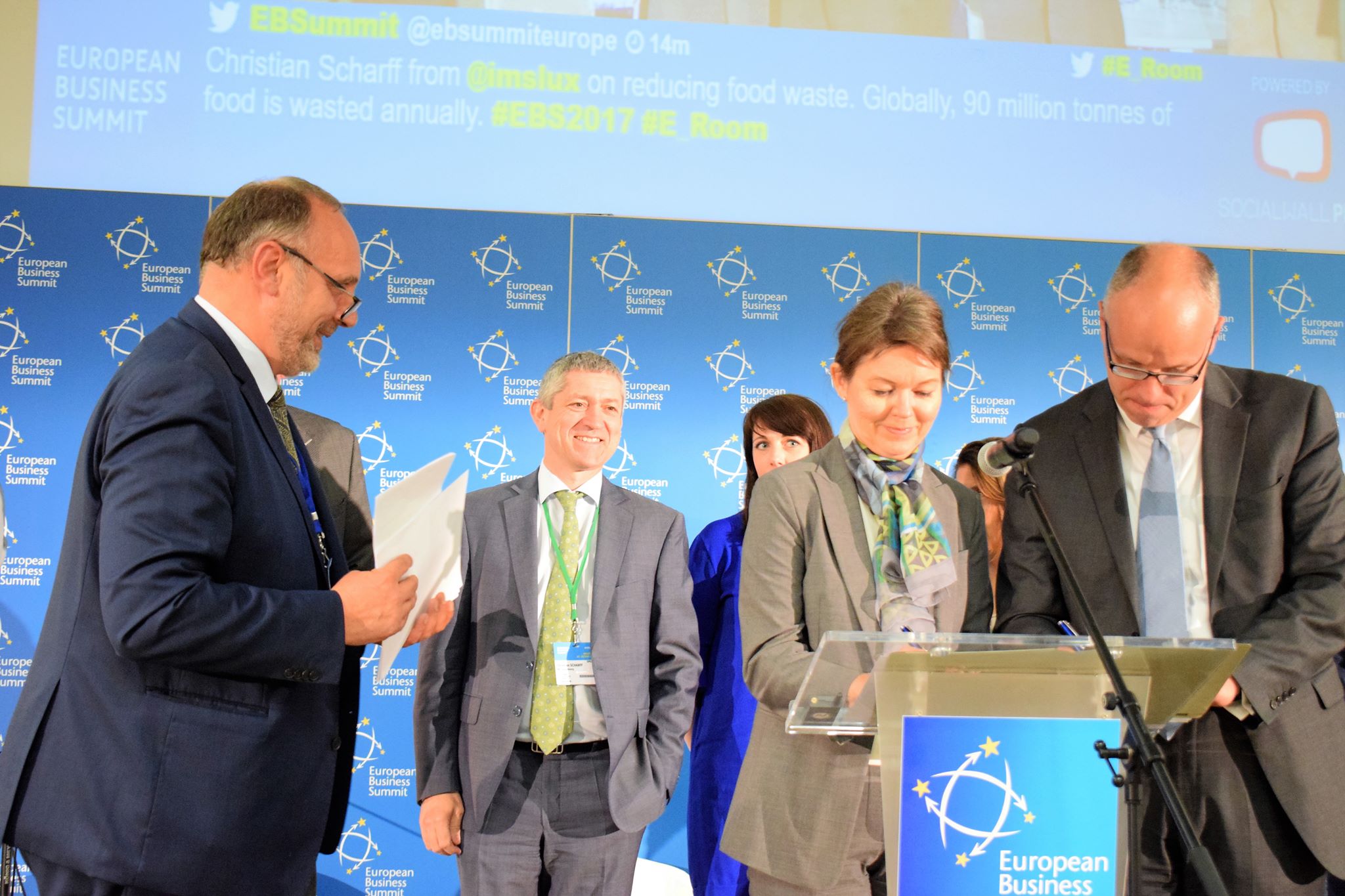Making globalisation inclusive: the Sustainable Development Goals as a global Race to the Top
2017-08-01未知admin0010

A European perspective
By
Stefan Crets
Executive Director
CSR Europe
Europe has seen profound changes over the past decades. While the continent was at the core of the first waves of industralisation and global trade - and partly gave its population the benefits from it through the gradual establishment of a welfare state - the turn of the century has brought the very clear experience and understanding of the limits and externalities of the model: climate change, growing inequalities, geo-political insecurity, resource depletion and populism are signals to be taken seriously and to be tackled.
The Sustainable Development Goals as a connecting narrative
In 2017, the European Commission reflected on this topic in one of its papers on the future of Europe. In the paper “Harnessing Globalisation”, Frans Timmermans, First Vice-President of the Commission, said: "Globalisation is good for the European economy overall, but this means little to our citizens if the benefits are not shared fairly and more evenly. Europe must help rewrite the global rulebook so that free trade becomes fair trade. So that globalisation becomes sustainable and works for all Europeans. At the same time, we must focus our policies on getting people the education and skills they need to keep up with the evolution of our economies. Better redistribution will help guarantee the social cohesion and solidarity this Union is based on."
That this is an urgent agenda for Europe is clear but it is essentially also a global agenda and that is why the Sustainable Development Goals (SDGs), launched by the United Nations, have been welcomed as a call for a positive globalisation. The response to the externalities of our current system is not more protectionism but a globalisation that is inclusive and an economy that deals with the direction laid out in the UN SDGs.
This shared global direction is seen also by the business community as an opportunity and a common language to engage with all stakeholders. A recent study of European business leaders conducted by CSR Europe, GlobeScan and Frost & Sullivan shows that much of the business community sees real social and economic value in engaging with the SDGs. The study clearly demonstrates there is recognition that the SDGs provide a mechanism for both innovation and collaboration. Businesses dealing with sustainability, working in the framework of the SDGs, can have genuine business opportunities and get value out of this direction.

The World Business Council for Sustainable Development also highlights this in their CEO Guide: “There is a massive market incentive for companies who are able to offer SDG-relevant technologies and solutions through sustainable and inclusive business models. Furthermore, companies that align themselves with the SDGs will also be able to consolidate a strong license to operate, differentiating themselves from competitors and building a trust among governments, shareholders and customers”
The challenge for company management
The CSR Europe study further reveals that although business awareness of the SDGs has increased in the past year, tangible action to address them has been slow to follow. Data indicates that the private sector has a key role to play in helping to achieve the SDGs, but middle-management remains separated from this narrative.
There is a critical disconnect between top management in companies and middle management. When asked which parts of their organisation have familiarity with the SDGs, respondents claim strong knowledge among CSR officers (67%) and fairly strong knowledge among top management (53%), but very low knowledge among middle managers (just 11%). Middle management is a critical group that can have significant impact and influence on the adoption of the SDGs. As the gatekeepers between top management and employees, middle management is the most urgent audience for immediate action on the SDGs

It is the existing business processes and management that needs to be adapted to the new reality as these are still overly linked to an old-school model of short term oriented management.
Business transformation is an essential key driver for change and for business growth oriented towards the SDGs: moving from linear to circular, changing from product to service provision, establishing a strong focus on sustainable supply chains, demonstrating a clear orientation towards sustainable production and consumption, moving towards zero carbon, establishing the highest resource efficiency possible and embracing an approach in Human Resources that focusses on employability, are only some of the required changes.
To grasp the opportunities of the SDGs, companies need to rethink their business in a transformative way, the What, the How and with Who they work.
It cannot be done alone
The CSR Europe study also highlights that while progress has been made, collaborative efforts must be reinforced to meet the UN 2030 Agenda for Sustainable Development. One company, even the biggest in the world, cannot do on its own, so collaboration is the key word.
When asked why it is important to engage with the SDGs, eight out of ten surveyed business leaders (79%) assert that the SDGs already align with their corporate values and sustainability strategy. Just over half (52%) accept the SDGs as a source of new business opportunities. This shows that strong links between the SDGs and real business goals are already being formed. Also, nearly half of respondents (46%) cite the SDGs as important anchors for improving stakeholder partnerships.
Additionally, survey results show that obstacles that impede engagement with the SDGs include a lack of direction regarding how to practically implement the goals (37%) and a lack of government leadership (36%). Government has a key role to play here in helping business leaders to approach the SDGs. Establishing partnerships and sharing best practices through case study examples are important in helping to create a roadmap that can inspire businesses to tackle the SDGs.
When asked who they consider their most relevant partners in addressing the SDGs, nearly two-thirds of respondents (63%) name other business peers – yet again showcasing the leading role of business in carrying out the UN 2030 Agenda. Slightly smaller proportions cite government (58%) and non-profits (55%).

The results above allude to the recurring theme of collaboration that is emphasised throughout the report. Accomplishing the SDGs will only be possible through a joint effort. Now is the optimal time for businesses and other stakeholders to lead and proactively engage with one another to find solutions and make progress on the SDGs. With the SDGs employed as an effective lever to build strong partnerships, companies will have a new catalyst for business opportunities and multi-stakeholder collaborations.
CSR Europe at the center of the action in Europe
That is why CSR Europe, as the leading sustainability network in Europe, embraced the SDGs thus becoming the European hub promoting practical collaboration and incubation of joined actions.
It is for this reason that CSR Europe set up the Sustainable Business Exchange, the European Business Platform for action towards the UN Sustainable Development Goals. The Sustainable Business Exchange empowers companies to take action and adopt sustainable growth models, fosters business engagement with communities, cities and regions, as well as with each other, to contribute to the global sustainability agenda and make sustainability a key driver for growth in Europe. It emphasises collaboration between stakeholders from business, civil society, governments and academia to enhance impact and contribute to the SDG agenda.

The Sustainable Business Exchange includes a learning network which aims to raise awareness about the SDGs and build capacity among companies and other stakeholders to take action and support business transformation. This will be done through best practice and knowledge sharing with a series of webinars, conferences, publications and workshops.
In addition to the learning network, the Sustainable Business Exchange features an SDG Incubator which aims to incubate collaborative action towards the SDGs through the creation of multi-stakeholder partnerships, by leveraging CSR Europe's Network of 45 National Partner Organisations (NPOs) reaching over 11,000 companies and key stakeholders in 31 countries across Europe. The incubator will support companies in forming impact oriented partnerships, transforming their business models and overcoming systemic barriers and challenges.
China and Europe can lead
CSR Europe and its network of national partners embrace all of this as a good opportunity to drive sustainability.
Given the global dimension of sustainability, CSR Europe welcomes the strong engagement from Chinese companies on this agenda. Over the past year, not only have we been collaborating more intensively than ever before in key areas of the economy like automotive, mining, rubber and aviation, we hope to continue to intensify this collaboration to be able to demonstrate the possibility for inclusive and sustainable growth in the world.
Further China-Europe practical business collaboration will also transform the global economy and trade policy agenda. This work will contribute to what the European Commission describes as “the need to shape a truly sustainable global order, based on shared rules and a common agenda”. More collaboration between the Chinese and European business community will allow the shaping of a strong and effective 'multilateral' global sustainability agenda and roadmap. It is for all of us a race to the top and we can manage that.
Best Practices
- The 100-year brand — Air Liquide also has a sense of juvenile
- Beijing Public Transportation Corporation: Developing green transportation to build a harmonious and livable capital
- CGN: Building a modern factory in barren deserts and developing a new win-win cooperation model along “Belt and Road”
Upcoming Event

All the materials on the site “Source: XXX (not from this site)” have been reprinted from other media. They do not imply the agreement by the site.
All the materials with “Source: CSR-China Website” are the copyright of CSR-China Website. None of them may be used in any form or by any means without permission from CSR-China Website.
GoldenBee Official WeChat
Copyright © Csr-china.net All Right Reserved.
京ICP备19010813号










